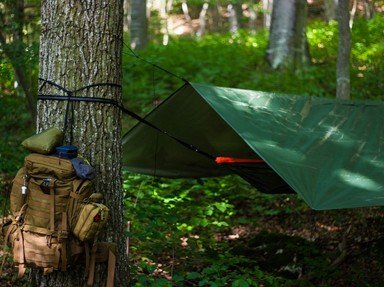Quiz Answer Key and Fun Facts
1. There are many natural disasters. Which one is an earthquake?
2. In order to survive an earthquake and reduce one's risk of being injured which of these 'p' words is NOT vital?
3. During an earthquake drill which action should you NOT do?
4. You are in the kitchen cooking when you feel the first tremor. What should be your first response?
5. Arthur's mother is in a wheelchair. What should she NOT do in the event of an earthquake?
6. Lon is caught outdoors during an earthquake. Where is the best place for him to stay until it is over?
7. Juan is in his vehicle during an earthquake and a power line falls on it. He should try to open the door and get out as quickly as possible.
8. After an earthquake, which other natural disaster should persons, especially in coastal areas, expect and prepare for?
9. What is a smaller earthquake that follows the major earthquake?
10. After the earthquake which of these courses of action will be of least importance?
Source: Author
Verne47
This quiz was reviewed by FunTrivia editor
rossian before going online.
Any errors found in FunTrivia content are routinely corrected through our feedback system.


